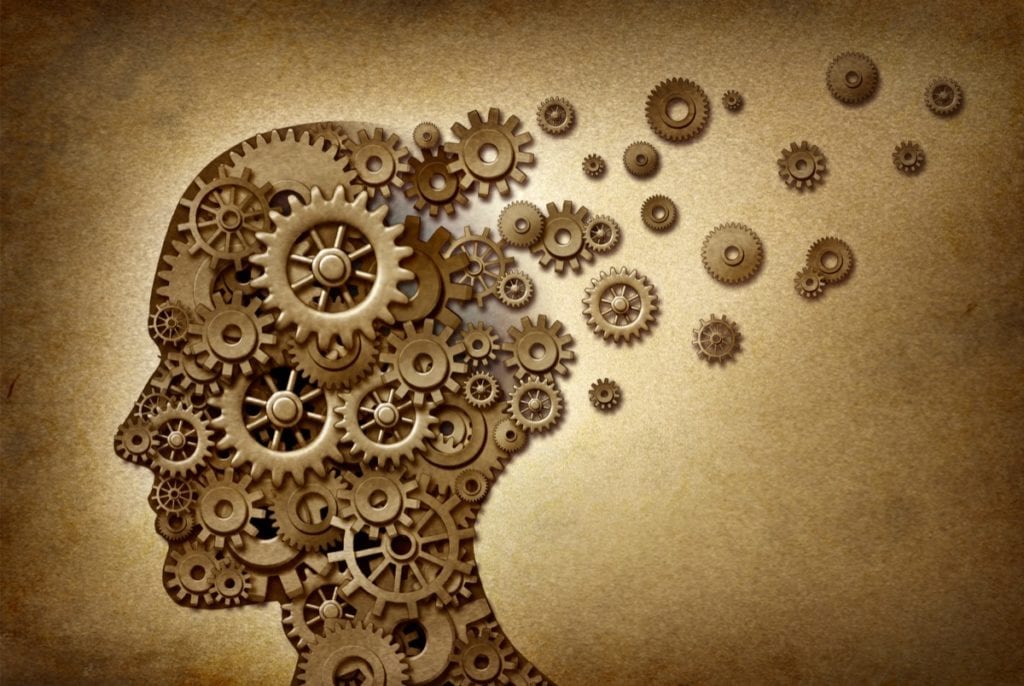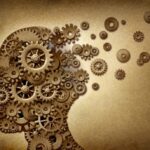Alzheimer’s symptoms typically affects adults over the age of 65. But we’re learning that younger adults are at risk too.
In fact, there’s a specific type of Alzheimer’s that affects adults in their 40s or 50s. And it’s known as Early Onset Alzheimer’s.
Below we take a look at the most common early signs of Alzheimer’s.
The Most Common Early Signs Of Alzheimer’s
- Planning or solving problems
- Completing familiar tasks at home or work
- Misplacing things
- Chronic forgetfulness
- Changes in mood and/or personality
Early Alzheimer’s symptoms largely involve memory loss. These symptoms disrupt daily life. And they are particularly hard for a younger adult (who often still is raising a family and/or in the prime of their career) to handle.
Getting an accurate alzheimer’s diagnosis is important. You’ll want to see whether the symptoms are actually due to early dementia or some other issue as there are some major differences between just being forgetful and suffering from dementia.
Now let’s take a look at what causes Alzheimer’s.
What Causes Alzheimer’s?
Alzheimer’s disease, like other forms of dementia, is caused by brain cells dying. The death of these brain cells happens over time and it causes the brain to change.
We know from brain autopsies of Alzheimer’s patients that their brains have small deposits in them called plaques and tangles, build up in brain tissue over time.
Both plaques and tangles damage brain cells. The damaged brain cells then die. And this causes the brain to shrink.
These physical changes to the brain are what cause the symptoms of Alzheimer’s.
Researchers are still not completely sure why these changes happen in the brain, but they’re working hard to discover the why, and hopefully, a cure.




